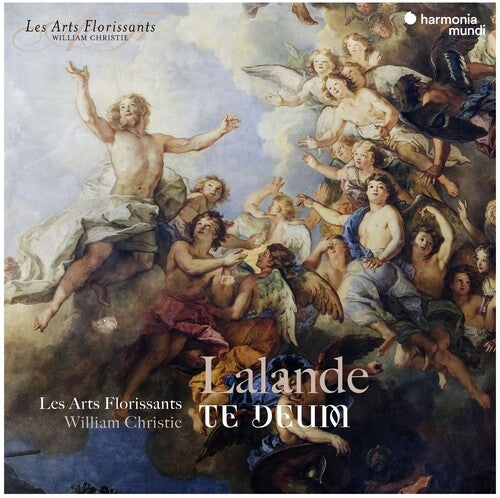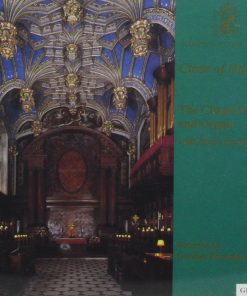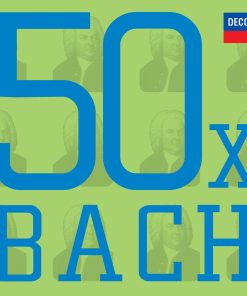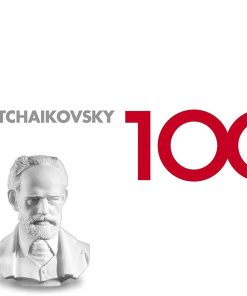De Lalande: Te Deum – Les Arts Florissants, William Christie HARMONIA MUNDI
$ 13,99 $ 8,39

Les Arts Florissants
William Christie – Conductor
To the glory of God (and the King).
Called the “Latin Lully” (whose worthy successor he was for 43years under Louis XIV and Louis XV), Delalande took the “grand motet”practised at Versailles to the peak of its glory and its popularity.The Te Deum of 1684 is the epitome of his achievement in thegenre, and it was organised, composed, and performed with the carereserved for true masterpieces. The listener will be equally astonishedby the manner in which Delalande sets the words of Psalms 110 (111) and137, whose emotional impact goes far beyond the conventions of thegenre.
This title was released for the first time in 1991.

Te Deum
1Simphonie 1’03
2Te Deum laudamus 1’31
3Tibi omnes angeli 1’04
4Sanctus Dominus Deus Sabaoth 1’35
5Te gloriosus Apostolorum chorus 1’52
6Tu Rex gloriae, Christe0’49
7Tu ad liberandum 1’46
8Tu devicto mortis aculeo 1’00
9Te ergo quaesumus 1’14
10Aeterna fac 1’13
11Per singulos dies 2’05
12Dignare Domine 2’14
13In te Domine speravi 2’27
Super flumina Babilonis
14Simphonie. Super flumina 3’58
15In salicibus 2’35
16Quia illic interrogaverunt nos0’41
17Huymnum cantate nobis 2’32
18Si oblitus fuero tui 1’30
19Adhaerat lingua mea 2’44
20Memor esto, Domine 1’10
21Filia Babilonis misera (soli) 1’19
22Filia Babilonis misera (choeur) 1’19
Confitebor tibi, Domine
23Simphonie. Confitebor 2’07
24Magna opera Domini 2’23
25Confessio et magnificentia 2’45
26Memoriam fecit mirabilium 2’03
27Memor erit in saeculum 5’14
28Fidelia omnia mandata ejus 1’33
29Redemptionem misit populo suo 2’36
30Sanctum et terribile 1’40
31Intellectus bonus 2’42
32Gloria 2’58
Fast Shipping and Professional Packing
Due to our longstanding partnership with UPS FedEx DHL and other leading international carriers, we are able to provide a range of shipping options. Our warehouse staff are highly trained to pack your goods exactly according to the specifications that we supply. Your goods will undergo a thorough examination and will be safely packaged prior to being sent out. Everyday we deliver hundreds of packages to our customers from all over the world. This is an indication of our dedication to being the largest online retailer worldwide. Warehouses and distribution centers can be located in Europe as well as the USA.
Orders with more than 1 item are assigned processing periods for each item.
Before shipment, all ordered products will be thoroughly inspected. Today, most orders will be shipped within 48 hours. The estimated delivery time is between 3-7 days.
Returns
The stock is constantly changing. It's not entirely managed by us since we are involved with multiple parties such as the factory and our storage. The actual stock can fluctuate at any time. Please understand it may happen that your order will be out of stock when the order is placed.
Our policy is valid for 30 days. If you haven't received your product within 30 days, we're not able to issue either a return or exchange.
You are able to return a product if it is unused and in the same condition when you received it. It must also still remain in the original packaging.






















































